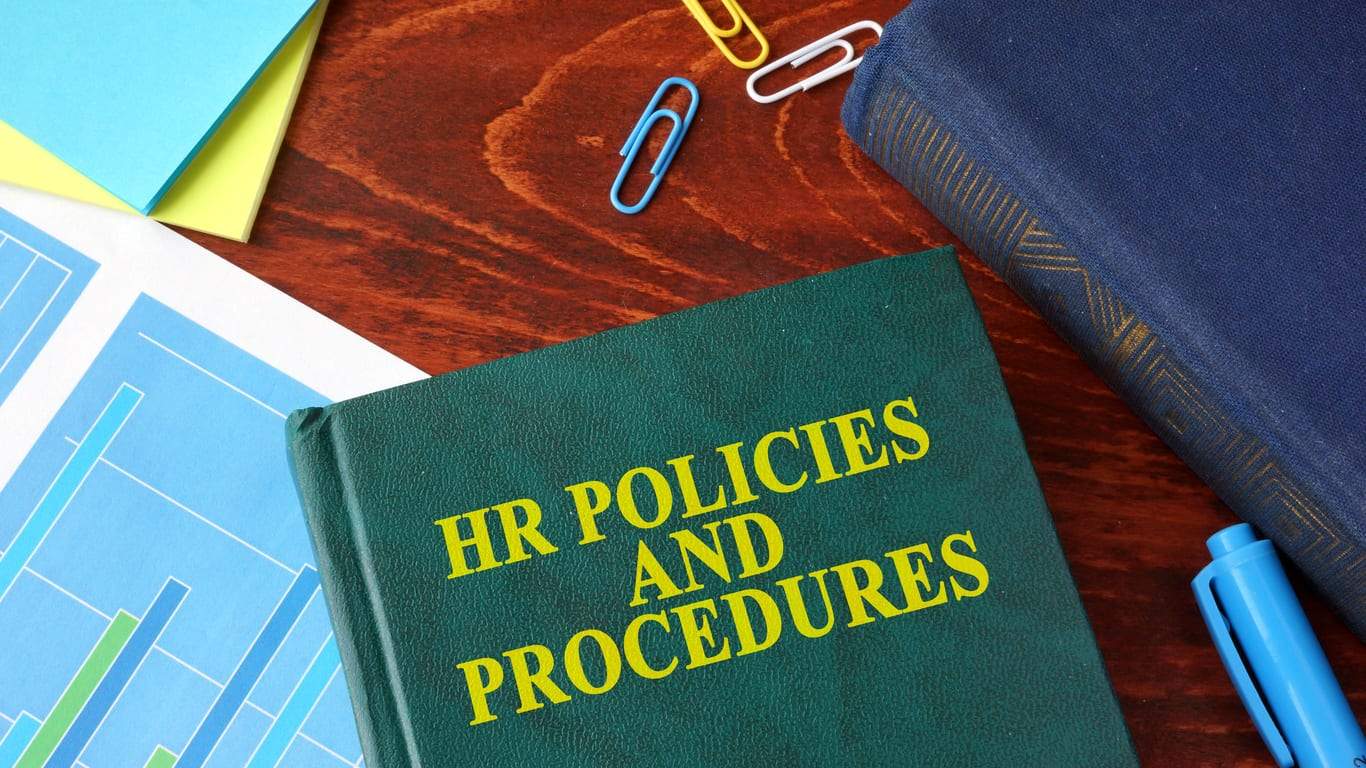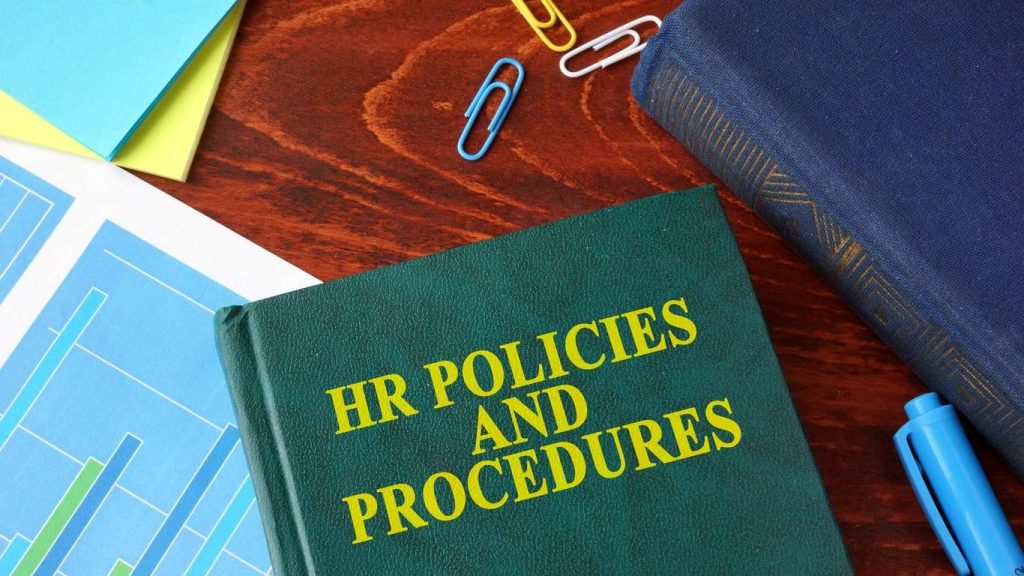When business continuity is put at risk by a crisis and/or people related threats like the seemingly rapid spread of the coronavirus (COVID-19), the HR issues this creates for Employers can significantly compound matters.
The first priority for Employers is to consider the health and safety of employees.
During a pandemic or crisis, a business must keep itself and employees informed about related health risks.
Health and Safety Actions could include:
- Having a system or means to keep abreast of government advice on any current issue, as it develops. This can be an internal system or one that has been established via a third party such as a law firm or risk management business.
- Keeping everyone updated on actions being taken to reduce risks of exposure in the workplace. Employers must ensure that:
- contact data (email, work telephone, personal telephone and address) held within any such system is reviewed and updated on at least an annual basis to account for the common regular change in personnel and personal data; and
- there is an emergency communication system in place in the event that normal means of communication cannot be accessed or utilised. An example of this is where email functionality is not available, and a business needs to turn to personal telephone contact details.
Fundamentally, in the event of a pandemic, the Employer must also take steps to ensure that there is good hygiene in the workplace (based on the facts and science of the pandemic itself) and that working practices do not pose undue risks to employees. Actions could include:
- Reviewing systems of hygiene to ensure that they provide appropriate protection. In the case of influenza pandemic for instance, staff need to be encouraged to regularly wash their hands with soap, to carry and use tissues and sanitising hand gel. Practically, training or communications to all staff about why these practices are required often boosts compliance beyond a simple mandate about doing so.
- Increasing the cleaning of hard surfaces in the workplace, particularly phones and door handles.
- Carrying out a cost/benefit analysis for offering flu injections (or any similar preventative measure depending on the pandemic) to the workforce. Communicating the potential benefits of the preventative measure for the employees, their families but also those who may be unable to have this (for example, those who cannot have it due to allergies) may help to increase the uptake.
- Carrying out a risk assessment to identify any higher risk groups, such as those who have a high level of contact with each other.
HR Issues for Employers
At the same time the health and safety issues are being addressed, employers also need to be prepared for the possible HR implications that may arise as a result of the spread of coronavirus (COVID-19).
Employee Absence and Sick Pay
The key thing to note is that the employer’s normal sick leave and pay entitlements still apply even if someone has coronavirus. As always, an Employer’s obligations in respect sick pay depends on why the employee is absent.
Employee with Coronavirus
If employees are unwell with coronavirus, then your normal sick pay policies and procedures should apply. Employees who believe they have coronavirus may be instructed by their GP to self-isolate for 14 days and so may not be able to produce a Fit Note in the usual way. Employers should take this into consideration and consider relaxing their normal sickness policies in these circumstances.
Self-Isolation or Quarantine
The advice from Government at the time of writing this article is that people who have visited the identified “high risk areas” must stay at home and self-quarantine for 14 days.
There is no legal (statutory) obligation to pay employees who are not sick but cannot work because they have been told by a medical expert to self-isolate, have had to go into quarantine or are abroad in an affected area and are not allowed to travel back to the UK but Acas recommends that it is good practice for employers to treat these scenarios as sick leave and follow their normal sick pay policy, or agree for the time to be taken as holiday.
Employers who choose not to do this could exacerbate the problem because there’s a risk an employee in this situation could come to work because they need to get paid and this could then spread the virus, if they have it, creating even more problems for Employers.
Time Off for Dependants
Under current UK Employment Law, employees are already entitled to unpaid time off to look after someone who depends on them in an unexpected event or emergency and this would apply to coronavirus situations where an employee’s dependant is sick or needs to go into isolation or hospital, or if schools are closed and they need to look after their children.
Normally, the amount of time off an employer would consider reasonable in unexpected events or emergencies would be two or three days but the time allowed must be reasonable for the situation which, in the case of coronavirus and self-isolation, may need to be much longer. If employees need to stay off to look after dependants or ask to stay away from work because they are generally concerned about coronavirus, then they could be offered:
- home working
- holiday;
- unpaid leave; or
- Flexible working
Employer Imposed Absence
Where an employee is suspended by their employer on health and safety grounds, because of a possible risk of infection, it is likely that they have the right to continue to receive full pay (in the absence of a contractual provision to the contrary). Where an employee is willing and able to perform work in accordance with the contract, there is an implied term that the employer has an obligation to pay wages, unless there is a contractual right not to do so.
If you inform employees that they must stay away from work as a general ‘precaution’ then it is recommended that those employees should be paid their normal salary, but the Government is currently encouraging businesses and schools to remain open and operational so suspension of employees for medical reasons may not be an issue for Employers.
Common-sense and Flexibly
Each case should be assessed on the facts and employers should avoid knee-jerk reactions. The issues created by an outbreak of coronavirus are not normal and therefore the normal approach to absence don’t apply for coronavirus related absences. Employers should also exercise caution and think carefully before using coronavirus related absence to trigger warnings under absence management policies.
Advice and Support
If you are an employer who requires assistance with any of the issues raised in this blog call us now on 0800 612 4772 or Contact us via our website.
Latest update: https://employmentlawservices.com/emergency-legislation-on-statutory-sick-pay-announced-by-prime-minister/
Useful Resources:
https://www.nhs.uk/conditions/coronavirus-covid-19/
https://www.gov.uk/guidance/wuhan-novel-coronavirus-information-for-the-public
https://www.gov.uk/guidance/contacts-phe-health-protection-teams
https://www.hps.scot.nhs.uk/a-to-z-of-topics/covid-19/
 Advice on Settlement Agreements Employees
Advice on Settlement Agreements Employees Advice on Settlement Agreements Employers
Advice on Settlement Agreements Employers

